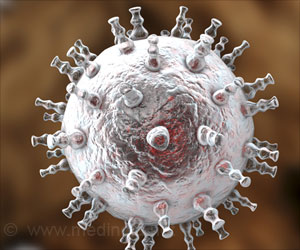University of Almeria scientists have genetically altered the castor-oil plant so as to use it as a factory to produce bio lubricants.
University of Almeria scientists have genetically altered the castor-oil plant so as to use it as a factory to produce bio lubricants.
The scientists identified and provided a series of genes that are responsible of the biosynthesis of lipids that can be used to obtain transgenic castor-oil plants with an acid profile appropriate for the different requirements of bio lubricants.The idea is to obtain an oil with a higher concentration of monounsaturated fatty acids (oleic and palmitic), which are the compounds required to classify an oil as a bio lubricant.
Another one of the objectives to be attained is the identification and characterization of specific regulatory genetic sequences, called promoters, which drive the expression of such genes to the seeds of castor-oil transgenic plants.
A promoter is a specific part of the gene responsible for the creation or accumulation of a desired product in certain tissue or organ.
With such modification, in the case of castor-oil plants, the idea is for fatty oils to get accumulated in the seed without affecting other parts of the plant, thus avoiding negative agronomic effects.
Almeria experts have already managed to isolate and clone the desired promoters and their behavior is currently being checked, with good results, in tobacco plants.
Advertisement
The team of scientists is also working on the introduction of genes into castor-oil plants with a technique that is effective and reproducible for the production of generally applicable bio lubricants.
Advertisement
Source-ANI
ARU








